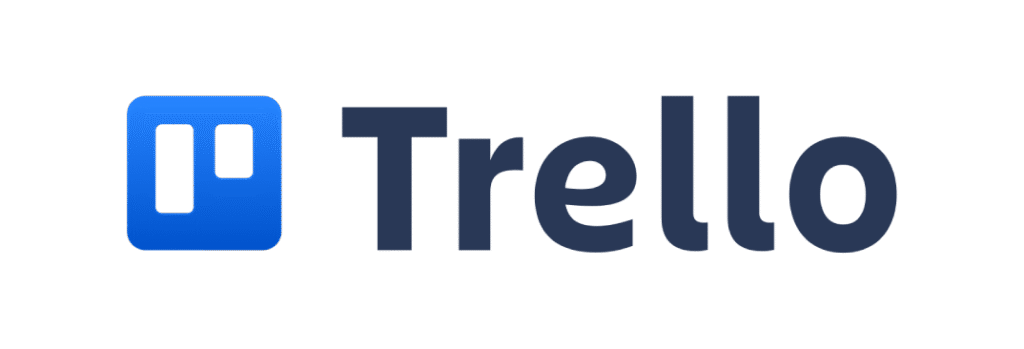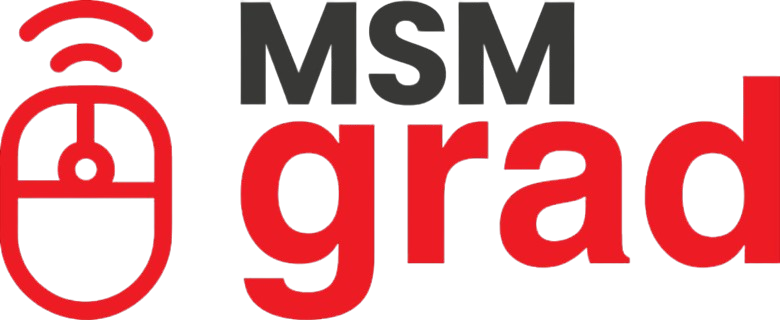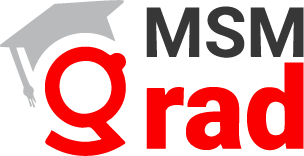Key Highlights
- Mode of Learning: Online ILT / Hybrid (Optional)
- Number of Projects: 2 Functional Testing Projects
- Language of Instruction: English
- Comprehensive manual testing covering SDLC & STLC.
- Hands-on training in automation tools like Selenium & JUnit.
- Industry-based test case writing and defect tracking.
- Exposure to Agile testing and CI/CD integration.
- Aligned with ISTQB & NASSCOM SSC standards.
Course Curriculum
Modules designed to meet current industry standards.
01
Introduction to Software Testing - SDLC, STLC, testing principles, QA vs QC.
02
Manual Testing Fundamentals - Test case design, execution, bug tracking.
03
Automation Testing Basics - Selenium setup, writing test scripts, JUnit framework.
04
Testing in Agile & DevOps - Continuous testing, CI/CD pipeline integration.
05
Advanced Automation Concepts - Data-driven testing, API testing with Postman.
What You’ll Learn
Essential Skills & Tools for Leading Projects in the Digital Age
Requirement analysis, test case creation, regression testing, bug reporting, automation scripting.
Selenium, JUnit, TestNG, Jira, Postman.












Need to know more?




Need to know more?
Real Results, Real Stories
Real stories of career growth, skill mastery, and success after MSM Grad programs.
Aparna S.
Product Owner (NBFC, Digital Payments)
I joined in order to transform buzzwords into delivery.” The Banking Sandbox was the difference; I mapped the stakeholder handoffs and prototyped a tokenized refund flow with simple smart-contract logic. The executive hybrid format worked for my release schedule. We were honest about controls and audit trails—not just demos—during the 144 hours of live instruction. Although we’re still improving, our incident and chargeback playbooks are now more transparent.
Raghav M.
Risk & Compliance Analyst (BFSI)
Tech and regulation were linked in the curriculum. I was able to create rule sets that we could actually uphold with the aid of risk-modeling labs and case work on KYC/AML scenarios. I created a workflow for gathering evidence and a small dashboard for alerts, which our reviewers used. I’m not a developer because of the blockchain projects, but I can assess vendors more critically and schedule changes to comply with regulations.
Zoya K.
CS final-year student
I wasn’t content with theory. I completed three small projects in the Blockchain Lab: a dashboard for transaction metrics, a simple smart contract with unit tests, and a payments mock on a testnet. In addition to code, the mentors pushed for documentation and threat assumptions. I’ve been shortlisted for two product/engineering internships because I can explain design trade-offs, and my GitHub now displays end-to-end work.
Naveen T.
FinTech Analyst, MBA in Finance
Since I’m not a programmer, I relied on the business-first framing and executive hybrid schedule. I was able to create a strong business case for a lending workflow by using the six implemented FinTech use cases, which covered costs, risks, and the areas where blockchain adds value (and where it doesn’t). While I was in charge of compliance and metrics, my classmate, who worked on the contract code, co-authored our capstone. Interviews were easier because I could display results rather than just slides.
Real Results, Real Stories
Real stories of career growth, skill mastery, and success after MSM Grad programs.
Aparna S.
Product Owner (NBFC, Digital Payments)
I joined in order to transform buzzwords into delivery.” The Banking Sandbox was the difference; I mapped the stakeholder handoffs and prototyped a tokenized refund flow with simple smart-contract logic. The executive hybrid format worked for my release schedule. We were honest about controls and audit trails—not just demos—during the 144 hours of live instruction. Although we’re still improving, our incident and chargeback playbooks are now more transparent.
Raghav M.
Risk & Compliance Analyst (BFSI)
Tech and regulation were linked in the curriculum. I was able to create rule sets that we could actually uphold with the aid of risk-modeling labs and case work on KYC/AML scenarios. I created a workflow for gathering evidence and a small dashboard for alerts, which our reviewers used. I’m not a developer because of the blockchain projects, but I can assess vendors more critically and schedule changes to comply with regulations.
Zoya K.
CS final-year student
I wasn’t content with theory. I completed three small projects in the Blockchain Lab: a dashboard for transaction metrics, a simple smart contract with unit tests, and a payments mock on a testnet. In addition to code, the mentors pushed for documentation and threat assumptions. I’ve been shortlisted for two product/engineering internships because I can explain design trade-offs, and my GitHub now displays end-to-end work.
Naveen T.
FinTech Analyst, MBA in Finance
Since I’m not a programmer, I relied on the business-first framing and executive hybrid schedule. I was able to create a strong business case for a lending workflow by using the six implemented FinTech use cases, which covered costs, risks, and the areas where blockchain adds value (and where it doesn’t). While I was in charge of compliance and metrics, my classmate, who worked on the contract code, co-authored our capstone. Interviews were easier because I could display results rather than just slides.
Designed for Ambitious Professionals
- QA Engineer
- Test Analyst
- Automation Tester
- QA Lead
QA jobs account for 12–15% of all IT job postings globally.

₹3.8 – ₹7 LPA in India.
Designed for Ambitious Professionals
- QA Engineer
- Test Analyst
- Automation Tester
- QA Lead
QA jobs account for 12–15% of all IT job postings globally.

₹3.8 – ₹7 LPA in India.
You Asked, We Answered
Yes, it starts from the basics and gradually moves to automation.
Basic programming knowledge helps but is not mandatory.
Yes, with multiple tools and real-world projects.
Yes, aligned with ISTQB and NASSCOM standards.
Yes, including Selenium, JUnit, and Postman.
Yes, instructor-led live training sessions are included.
35–40 learners per batch.
Yes, sessions are scheduled to accommodate working professionals.
Yes, through MSM Grad’s career services.
Yes, course materials remain accessible even after completion.








